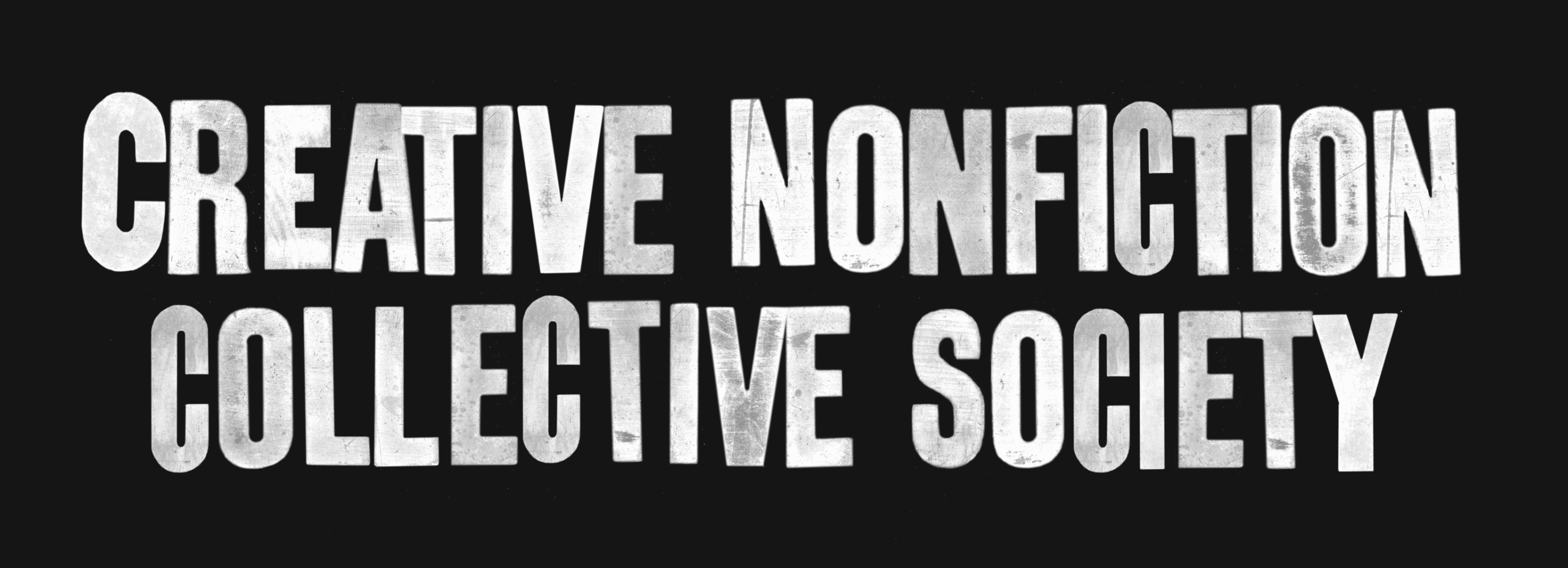Christopher Moore, for the CNFC Blog
Ken Whyte runs Sutherland House, a newish publisher dedicated to Canadian nonfiction. And he is worried about Canadian nonfiction. Memoir is doing fine, he acknowledges, and it is part of his publishing program. His concern is the decline in Canadian publishing of what he calls “works of history, biography, natural science, philosophy, religion, politics, criticism, and any other researched non-fiction that intends something other than personal reflection.”
He’s concerned that part of the problem is the Canada Council. “So as far as the council is concerned,” he wrote recently in his newsletter, “a writer disqualifies himself from granting consideration by choosing to base his work on fact rather than on imagination or personal experience, and by putting his story and his learning front and centre, rather than himself.”
Ken Whyte has sources on this most of us cannot match. He cites a recent Canada Council juror who reported being instructed that any non-fiction written in the third person was ineligible for support. He also reports that a publisher who does a lot of politics, biography, and history was told by a council officer, “We don’t like fact.”
Whyte looked into the Council’s website and found a very restrictive definition of “literary nonfiction”:
a text of personal reflection where the point of view and opinion of the author are evident. Eligible titles have a literary style and use narrative techniques. They must make a significant contribution to literature, the appreciation of works by Canadian authors or artists or knowledge of the arts.
If truly operative, a Canada Council’s preference that nonfiction would mean only personal reflection or books about artists would be dangerous. It would also be crazy. Memoir and “personal reflection” have had a wonderful blossoming in recent years, justly rewarded with many bestsellers and literary prizes. But contemporary nonfiction is the most hybrid of genres — as likely to draw on archives, oral testimony, and photography as on poetry, imagination, or personal reminiscence. (Not that long ago, a work of oral history earned a nonfiction writer the Nobel Prize in Literature.) Nonfiction writing that researches deep into Canadian culture and life is vital to our national conversation and our literary output. All of us interested in creative nonfiction, whatever forms we prefer, need to defend a broad and flexible definition of what constitutes good nonfiction writing. We cannot let agency staffers in Ottawa skew where our next inspirations come from.
Recently I talked to a few writers about this situation.
Some told me of nonfiction writers they knew who have lately decided to focus on international and non-Canadian topics, given the small market and lack of support for research-based creative nonfiction. Others professed not to be too concerned. The Council, they suggested, just wants to keep its programs separate from the purely academic writing that is already extensively supported by university budgets and SSHRC, the Social Sciences and Humanities Research Council.
Myrna Kostash, a founder of CNFC who helped establish the phrase “creative nonfiction” in Canada — and whose own creative nonfiction, while personal, has always drawn deeply on reportage, history, politics, biography, geography, and cultural studies — briefed me on past struggles to open the Canada Council’s horizons to nonfiction writing and to ensure that judgments about literary merit are the preserve of juries of writers.
John Degen, poet, novelist, and executive director of the Writers’ Union cautioned patience. He noted that the Union meets regularly with the Canada Council and assured me that nonfiction writers’ concerns on this matter have been raised in the past and can be again.
Indeed, pushback against a narrow “personal reflection only” bias at the Canada Council may already be paying off. When I recently looked at the Council’s online “Glossary of Terms,” the above definition of literary nonfiction that alarmed Ken Whyte some time ago had disappeared. For the record, as of November 2021, the Council’s definition of Literary Work reads:
The Canada Council for the Arts supports creative writing in all of its genres and forms. Literary non-fiction is one of the genres supported by the Council, with no restrictions on subject matter. All literary works are evaluated based on their artistic merit.
That’s a definition any nonfiction writer might endorse.
But the suggestion that Canada Council staffers may have been pressing their own narrow views on jurors remains alarming. We need to encourage writers’ organizations, notably the Writers’ Union, to continue to scrutinize Council programs and their consequences.
And it remains as important as ever that any writer who may be recruited to Council juries, whether for grants or for prizes, is ready to defend the principle that literary criteria have to be determined by juries of writers, not by edicts from Council staff.
Christopher Moore (christophermoore.ca) is currently vice-chair of CNFC. He has served on Canada Council juries for both prizes and grants, and he is grateful that his own nonfiction has in the past received both prizes and grants administered by the Council.
